Hot Water-energy free
lazypup
18 years ago
Related Stories
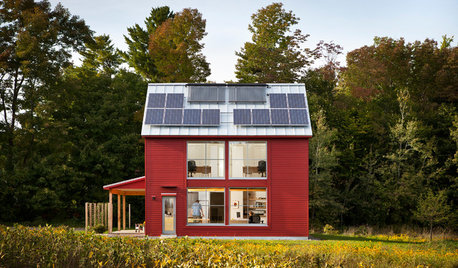
GREEN BUILDINGHouzz Tour: See a Maine House With a $240 Annual Energy Bill
Airtight and powered by the sun, this energy-efficient home in a cold-winter climate is an architectural feat
Full Story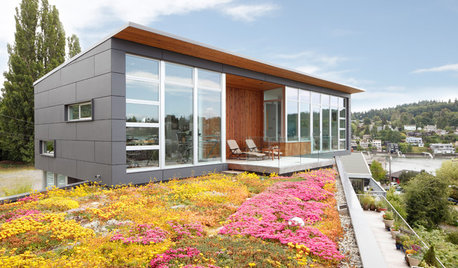
CONTRACTOR TIPSBuilding Permits: What to Know About Green Building and Energy Codes
In Part 4 of our series examining the residential permit process, we review typical green building and energy code requirements
Full Story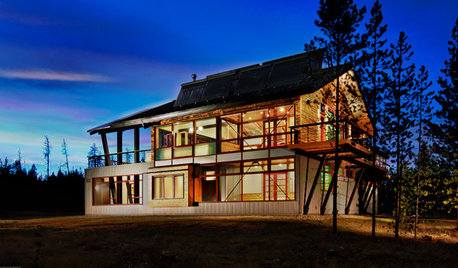
GREEN BUILDINGZero Net Energy: A Hardworking-House Term to Know
Homes that consume only as much energy as they produce by renewable means are a goal for builders. Learn what ZNE means for you
Full Story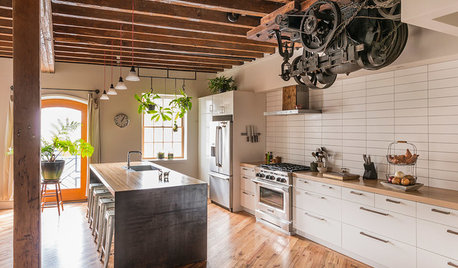
GREEN BUILDINGHouzz Tour: Pickle Factory Now an Energy-Wise Live-Work Space
A charming but poorly insulated 1880s Philadelphia commercial building becomes a spacious energy-efficient home and studio
Full Story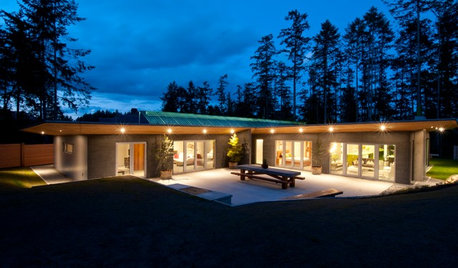
GREEN BUILDINGHouzz Tour: See a Concrete House With a $0 Energy Bill
Passive House principles and universal design elements result in a home that’ll work efficiently for the long haul
Full Story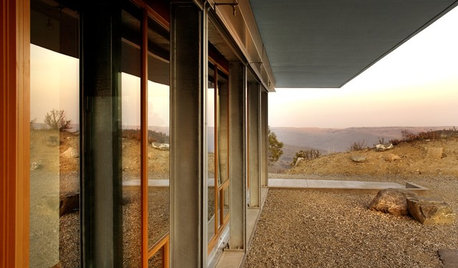
GREEN BUILDINGOff the Grid: Siting and Building to Conserve Energy
Look to low-tech solutions for big energy savings when you’re constructing a home
Full Story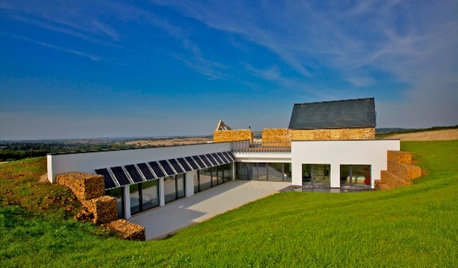
CONTEMPORARY HOMESHouzz Tour: A Stunning Low-Energy Home in the Cotswolds
Tucked into a hill next to a once-derelict barn, this new home follows a Passivhaus approach with contemporary flair
Full Story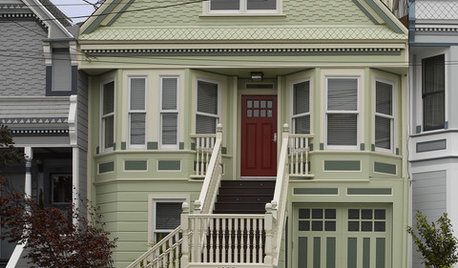
HOUZZ TOURSHouzz Tour: Zero-Energy Renovated Victorian in San Francisco
A 1904 home that's entirely energy efficient? Yes, courtesy of solar panels, radiant heating and water reclamation
Full Story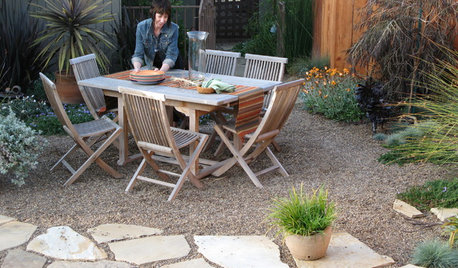
LANDSCAPE DESIGN15 Great Ideas for a Lawn-Free Yard
End the turf war for good with hardscaping, native grasses and ground covers that save water and are easier to maintain
Full Story
GARDENING GUIDESGet on a Composting Kick (Hello, Free Fertilizer!)
Quit shelling out for pricey substitutes that aren’t even as good. Here’s how to give your soil the best while lightening your trash load
Full Story





solargary
RCMJr
Related Professionals
Bridgeport Solar Energy Systems · Hemet Solar Energy Systems · Palo Alto Solar Energy Systems · West Hartford Solar Energy Systems · Moraga Solar Energy Systems · Mililani Town Design-Build Firms · Glenn Heights Home Builders · Katy Home Builders · Orange City Home Builders · Valencia Home Builders · West Carson Home Builders · Newton Roofing & Gutters · Tampa Roofing & Gutters · Manassas Roofing & Gutters · Columbus Roofing & GutterslazypupOriginal Author
mikie_gw
joyfulguy
jamesqf
bob_brown
lazypupOriginal Author
timil
lazypupOriginal Author
bob_brown
lazypupOriginal Author
jamesqf